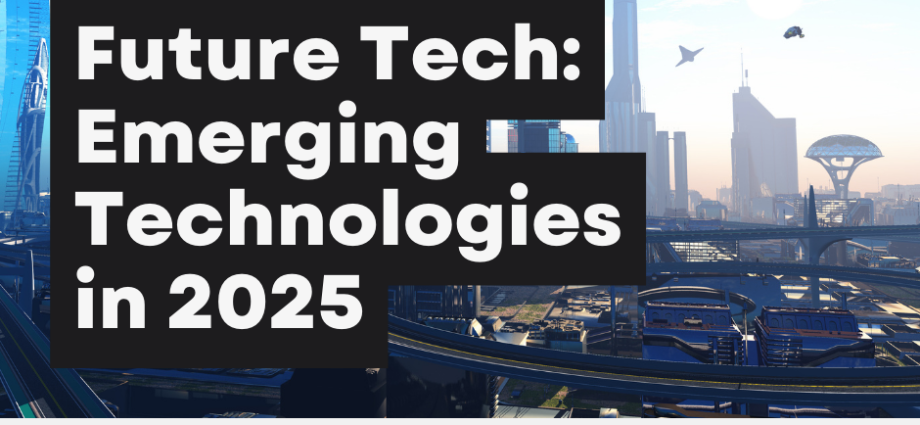As we embark on the year 2025, the technological landscape continues to evolve at an unprecedented pace, ushering in a new era of innovation and advancement. From artificial intelligence to quantum computing, several key technologies are poised to reshape industries, transform societies, and redefine the way we live and work.
Artificial Intelligence (AI) remains at the forefront of technological innovation, with continued advancements in machine learning, deep learning, and natural language processing. In 2025, AI systems are expected to become even more sophisticated, capable of performing complex tasks with human-like intelligence and autonomy. From autonomous vehicles and virtual assistants to personalized healthcare and predictive analytics, AI-powered solutions will permeate various aspects of our daily lives, driving efficiency, productivity, and convenience.
The Internet of Things (IoT) will continue to expand its reach, connecting billions of devices and sensors worldwide, from smart homes and wearable devices to industrial machinery and infrastructure. In 2025, IoT ecosystems will become more interconnected and interoperable, enabling seamless data exchange and integration across diverse platforms and applications. This interconnectedness will fuel the development of smart cities, intelligent transportation systems, and precision agriculture, unlocking new opportunities for efficiency, sustainability, and innovation.
Quantum computing is poised to revolutionize computational capabilities, solving complex problems that are currently intractable for classical computers. In 2025, quantum computers are expected to achieve significant milestones in terms of scalability, reliability, and performance, unlocking new possibilities in drug discovery, materials science, cryptography, and optimization. While quantum computing is still in its early stages, rapid progress is being made, paving the way for transformative breakthroughs in the years to come.
Blockchain technology continues to gain traction as a secure and transparent platform for decentralized transactions and digital assets. In 2025, blockchain networks will become more scalable, interoperable, and user-friendly, enabling a wide range of applications beyond cryptocurrency, including supply chain management, voting systems, identity verification, and intellectual property protection. As blockchain adoption grows, it has the potential to democratize access to financial services, enhance trust and transparency, and empower individuals and organizations worldwide.
Biotechnology and genetic engineering are driving innovations in healthcare, agriculture, and environmental sustainability. In 2025, advancements in gene editing technologies such as CRISPR will enable precise manipulation of DNA, opening new avenues for treating genetic diseases, developing novel therapeutics, and enhancing crop yields and nutritional content. Additionally, biomanufacturing techniques will enable the production of sustainable biomaterials, biofuels, and pharmaceuticals, reducing reliance on fossil fuels and minimizing environmental impact.
In conclusion, the technological landscape in 2025 is characterized by rapid innovation and transformative potential across various domains. From AI and IoT to quantum computing and blockchain, emerging technologies are reshaping industries, driving economic growth, and addressing global challenges. By harnessing the power of innovation, collaboration, and responsible stewardship, we can leverage technology to create a more sustainable, equitable, and prosperous future for generations to come.



Comments are closed, but trackbacks and pingbacks are open.